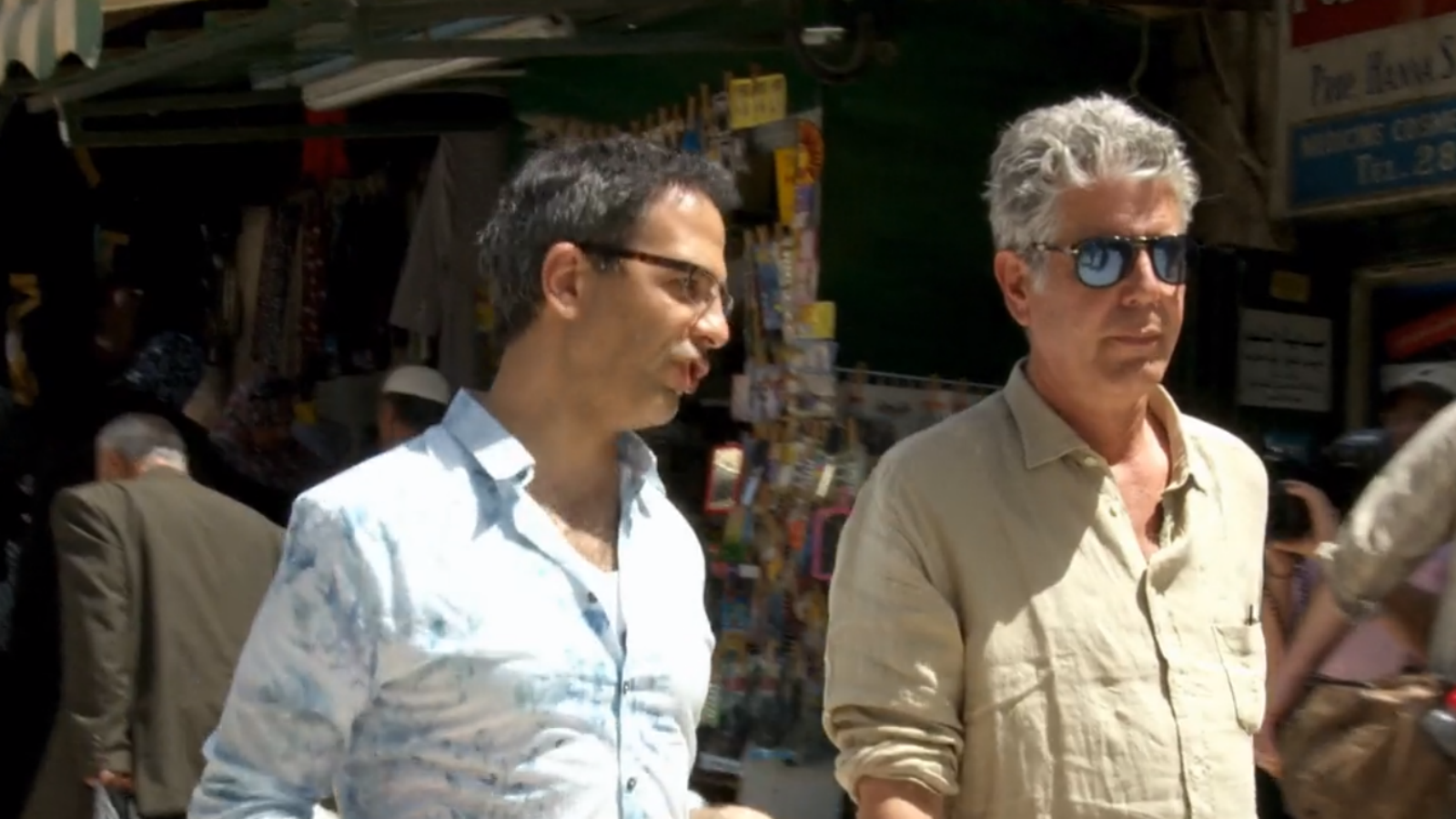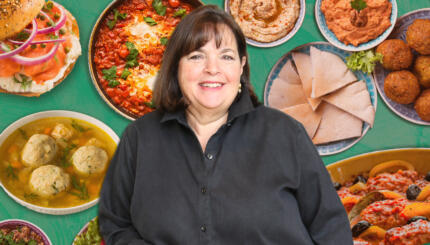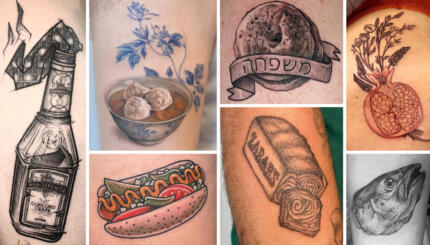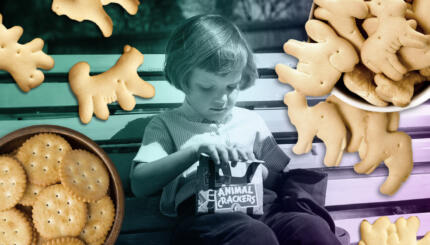For someone whose life revolves around food, it may surprise you that I don’t watch a lot of food shows on TV, but I have been a religiously committed viewer of Anthony Bourdain’s Parts Unknown from the beginning. I have read his books. And like so many people, I have always loved his refreshing and frank commentary on food, life, and everything in between.
After his tragic passing last week, I thought Barack Obama most succinctly summed up the meaningful way in which Bourdain contributed to the world and challenged his watchers:
“Low plastic stool, cheap but delicious noodles, cold Hanoi beer.” This is how I’ll remember Tony. He taught us about food — but more importantly, about its ability to bring us together. To make us a little less afraid of the unknown. We’ll miss him. pic.twitter.com/orEXIaEMZM
— Barack Obama (@BarackObama) June 8, 2018
As a Jewish food writer and lover of Israel, the Parts Unknown episode I have discussed, dissected, and re-watched the most is the one where he visits Jerusalem. It was not merely a romp through the shuk to show the best burekas, rugelach and shwarma the city offers. Instead, Bourdain spent time with Jewish Israelis and Palestinians alike, in Jerusalem, Gaza, the West Bank, and elsewhere, to show the diversity and complexity of Jerusalem and Israel through food and through the narratives of everyone he met.
The Nosher celebrates the traditions and recipes that have brought Jews together for centuries. Donate today to keep The Nosher's stories and recipes accessible to all.
One of my favorite scenes from the episode is his time spent with a Muslim husband and Jewish wife duo who run a restaurant together and cook Bourdain a meal to showcase their culinary stories: their differing backgrounds and their tasty commonalities.
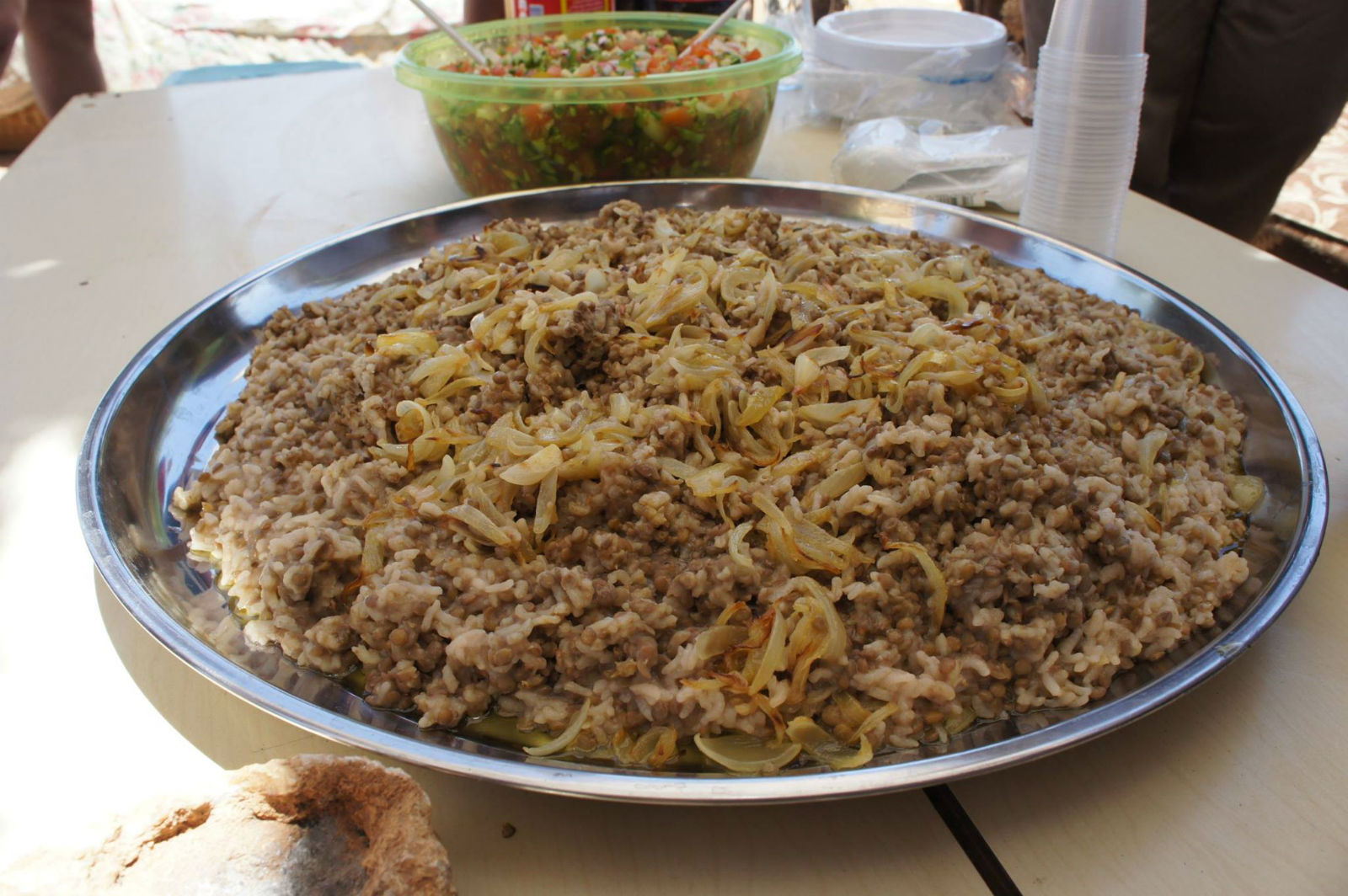
Like Bourdain, I believe in seeing the truth, even if it’s hard. Especially when it’s hard. I have spent a lot of time in Israel, and I truly love it for all the good, the bad, the delicious and the imperfect. I even used to run an educational program which included shared meals with Palestinians, Arab-Israelis, and Druze-Israelis with Jewish Americans. I saw firsthand how food can bridge so many divides.
More than anything, I loved the way Bourdain told the story of this incredibly beautiful and complex place. “It’s easily the most contentious piece of real estate in the world, and there’s no hope — none — of ever talking about it without pissing somebody, if not everybody, off.” Yet the contention didn’t scare him off — he explored the nuances of Palestinian cuisine in Gaza and the history of their connection to the land. He talked falafel, asking if it’s Israeli or Palestinian, knowing all along there is no answer.
Bourdain showcased a different narrative of Israel and Palestine. He invited us to learn, to challenge ourselves, to be open. He also showed how delicious and beautiful life in Israel can be on both sides. That’s the Israel I know. The media often wants to boil the Israeli-Palestinian conflict into black and white terms that are easily digestible. But this story is so deep, so hard to digest, so emotional, it requires a nuance and sense of humor only someone like Bourdain could provide.
And so may we all honor his memory by carrying on his work: challenge ourselves and one another to go farther, explore the unknown, ask tough questions, and stay hungry.
Header image via Parts Unkown on Netflix.
